Part of the reason for that is ever since I can remember, the republican movement has concentrated on ad hominem attacks on the royal family. Its representatives were careful not to attack the queen herself, given her personal popularity, but the attacks on other members of the royal family were at the very heart of their campaign.
They’re still at it. The King has arrived in Australia and despite being treated for cancer has made the long trip and will spend several days at official functions in Sydney and Canberra.
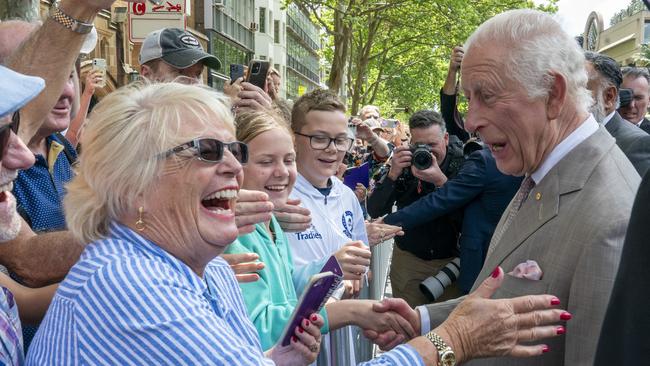
What does the Australian Republic Movement do? It prints T-shirts proclaiming this is the King’s “farewell tour”. Most people would think to print T-shirts like that about someone with cancer is just gross. The republican movement is lucky that almost all Australian journalists support its cause otherwise the movement would be roasted for its T-shirts in the media.
What’s more, these personal attacks are not resonating with the public. A recent poll showed 26 per cent of Australians now had a more favourable view of King Charles than they did when he first came to the throne. That’s a big shift in public sentiment. And for what it’s worth, support for a republic of Australia is now at 33 per cent, with support for maintaining the status quo at 45 per cent. Interestingly, Gen Z and millennial voters, according to the poll, favour the current arrangements over a republic.
Attacking the King is clearly not going to work. He has been a huge success in the role and a further warning to those planning personal assaults on the royal family. The heir to the throne, Prince William, and his wife, Kate, are also extremely popular with mainstream Australians.
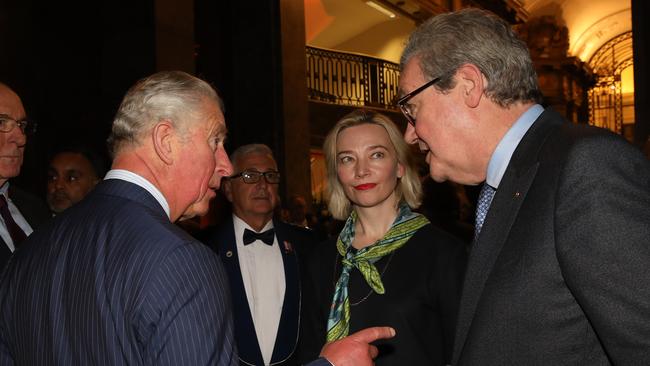
I’ve known Charles since I was 13 years old, when I was summoned to give him a rundown on what life would be like at Geelong Grammar School. He has impeccable manners, loves to laugh, and is curious and thoughtful. He is a truly decent and good person.
Charles has inherited from his mother his admirable sense of duty. I’ll never forget him coming to my electorate with Princess Di in 1988 to open a museum. It was 40 degrees. Princess Di complained bitterly about the heat and retreated to an airconditioned room for the afternoon. But Charles knew he had a duty to plough on in the stifling heat and to charm the local people who came to the event.
The media may not have seen this – needless to say their story was all sympathy for Di – but it was an illustration that I saw on many other occasions where Charles put duty before convenience, personal comfort and media spin.
Charles is also a person with his own private personal convictions, some of which I share with a greater degree of enthusiasm than others. Many of his environmental passions we would all share – although he’s a little bit overzealous on climate change.
He is also a champion of good architecture. I went with him to the new town he created in southwest England called Poundbury. It is a magnificent example of how attractive architecture and sensible town planning can create a delightful living environment.
On another occasion, I visited Charles at Highgrove, his house in country England. What is striking about that 18th-century property is the magnificent garden that Charles himself has designed. Its focus is organic and natural. It has quirky additions such as hobbit houses.
And then there is the Commonwealth. As a Commonwealth high commissioner in London, I often saw Charles at Commonwealth events of one kind or another. He invests time, thought and emotional energy in trying to keep that diverse group of countries together. That’s not easy but insofar as he succeeds, the King is helping to offset the encroaching and malign power of Communist China.
Most Australians think the present system is fine. The governor-general is in reality the head of state, the links to the monarchy are cultural and historical links without interfering with the policy and governance of our nation. Hundreds of thousands of people migrate to Australia every year because of its political stability and prosperity. People are not leaving the country and flying to Indonesia or China because the King is on the throne.
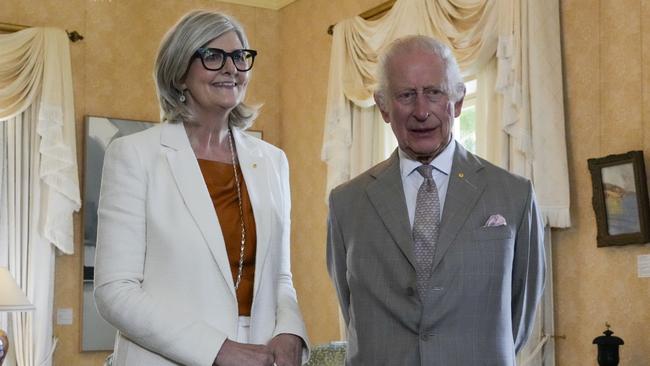
Republican momentum has always ground to a halt when trying to design an alternative system. When I was the leader of the opposition, I inserted into Coalition policy a commitment to holding a constitutional convention to address the issue of the monarchy. John Howard, as prime minister, maintained this policy and set up the convention. Its model of a parliamentary-appointed president was defeated and in defeat the republicans realised the public – if they wanted a republic at all – would like to vote for their president rather than have the parliament do it for them.
That raises all sorts of questions about the competing mandates between an elected parliamentary government and an elected president. Such radical constitutional change also raises very real questions about the survivability of the conventions of the monarchy. The governor-general and the state governors are all worthy people with different backgrounds. No doubt, privately, they have a variety of different personal views.
The monarchical convention is to stay right out of policy debates and political controversies. Like the King, they successfully do that. Even governors and governors-general who before their appointments have been high-profile politicians, such as Bill Hayden and Kim Beazley, in their vice-regal roles have kept completely out of politics.
In an era when people are increasingly cynical about politics and disillusioned with the political class, the monarchy – and the vice-regal representatives who spring from it – is the one institution that is not seen to be cynically responding to and trying to manipulate public opinion for its own benefit.
So, with a popular King and successful governors-general and governors, it’s hard to see the public rushing to embrace some radical new constitutional arrangement and proclaim the glorious era of the republic of Australia. I don’t think I’ll live to see that!
Alexander Downer was foreign minister from 1996-2007, and high commissioner to the UK from 2014-18.


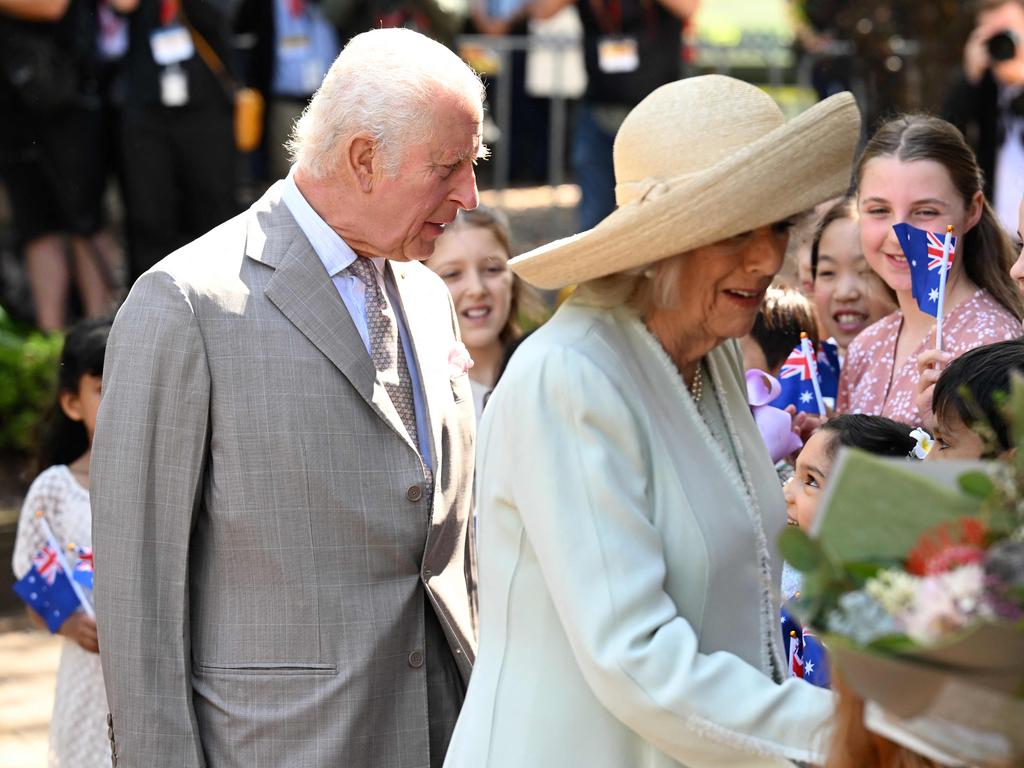
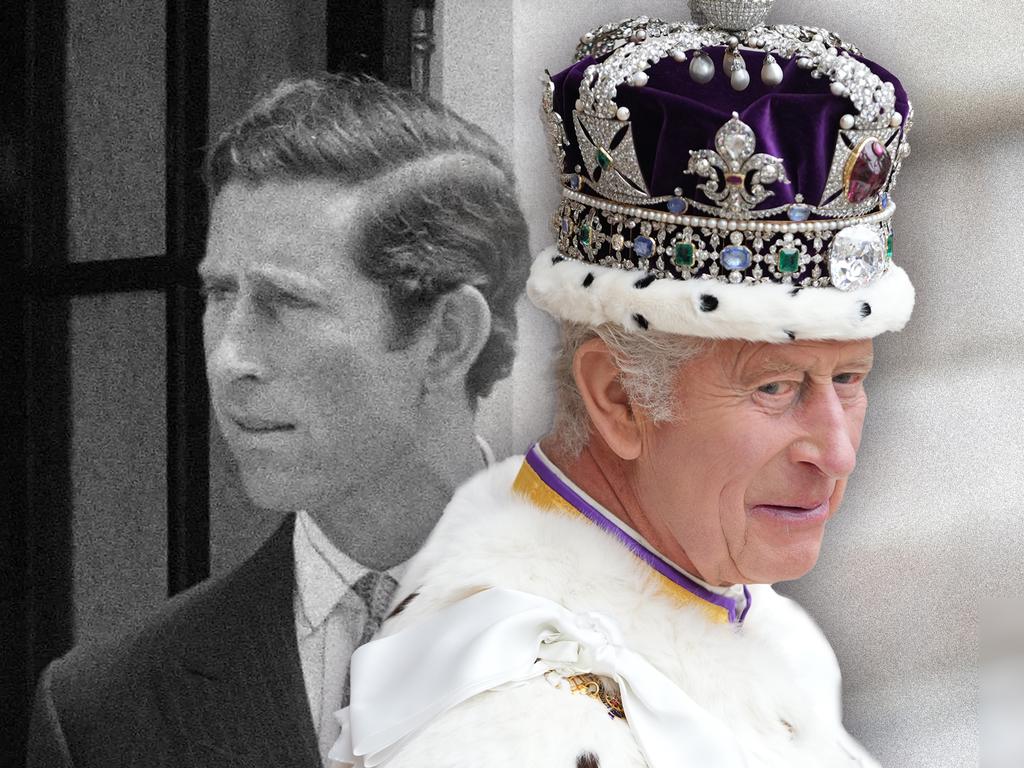


There was a saying among Australian republicans that once the queen died, our time would come. Well, the queen died and Australia has been governed for the two years since by a party committed to creating a republic of Australia. But if opinion polls are anything to be believed, the republican cause in Australia seems to be going backwards.